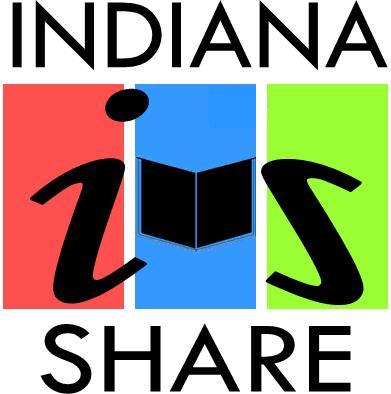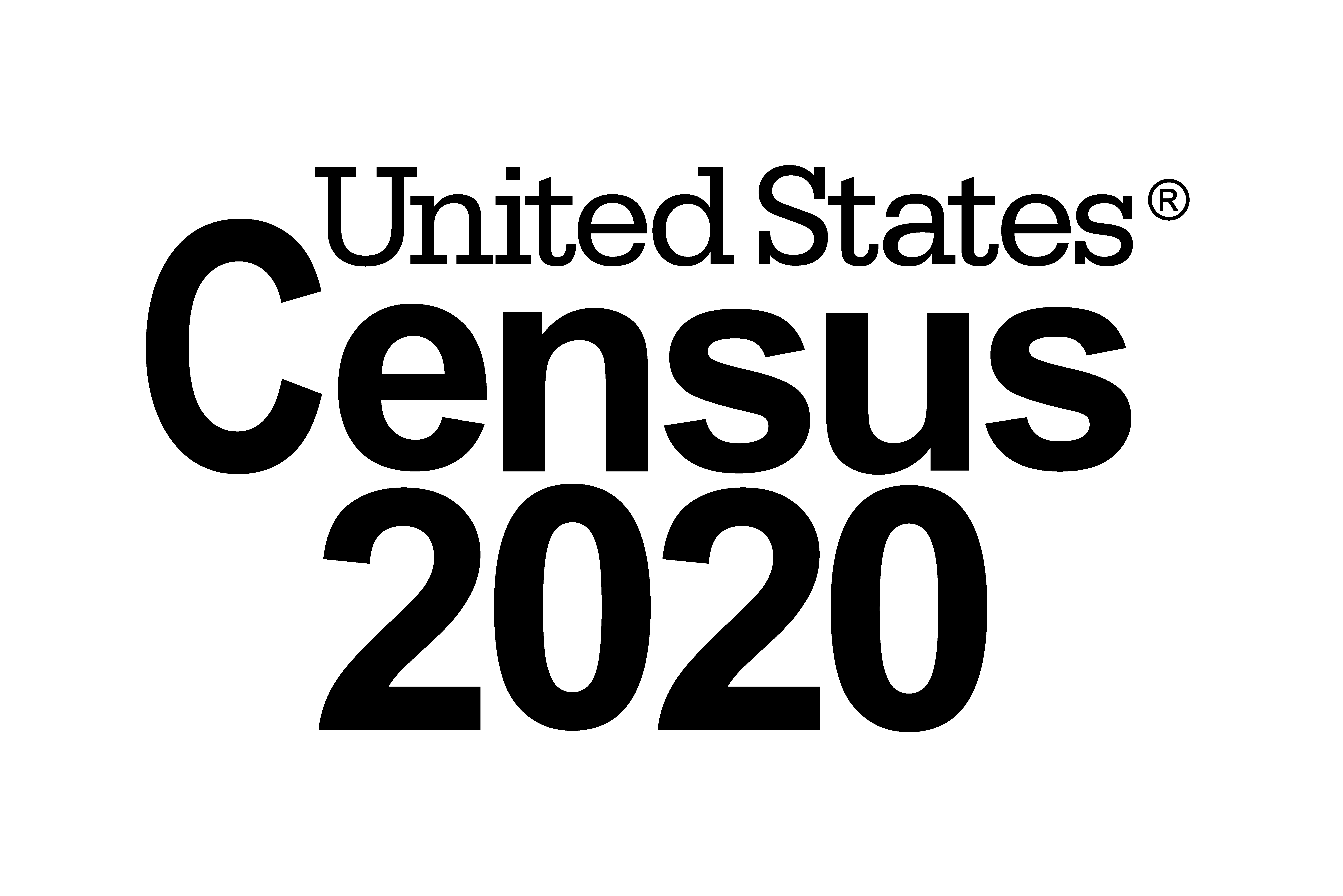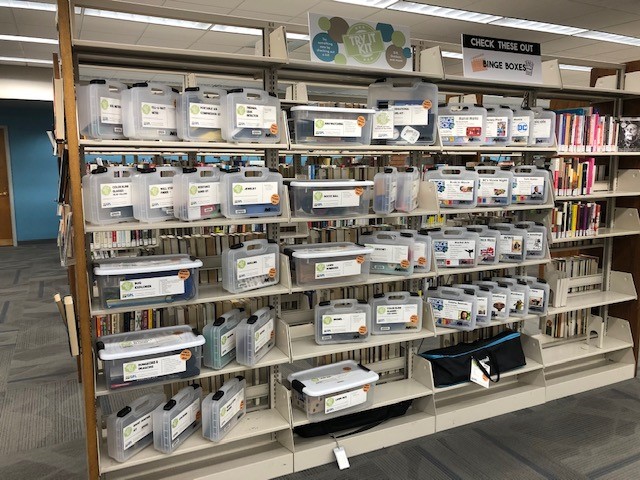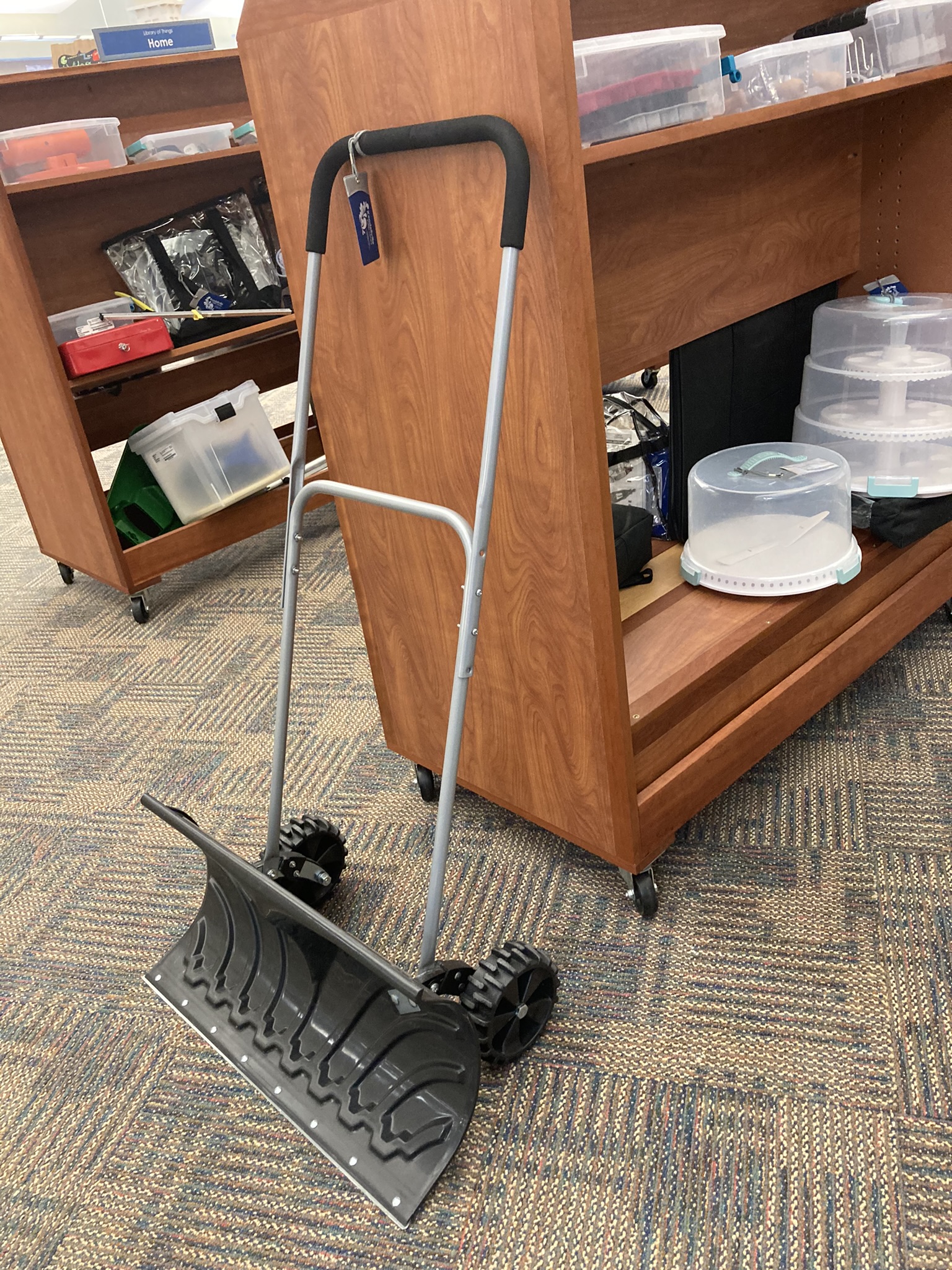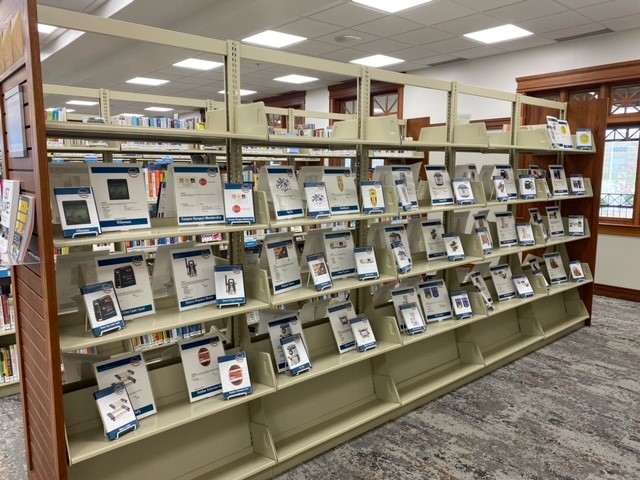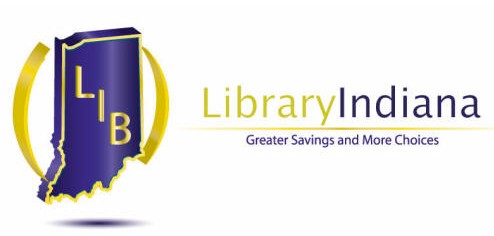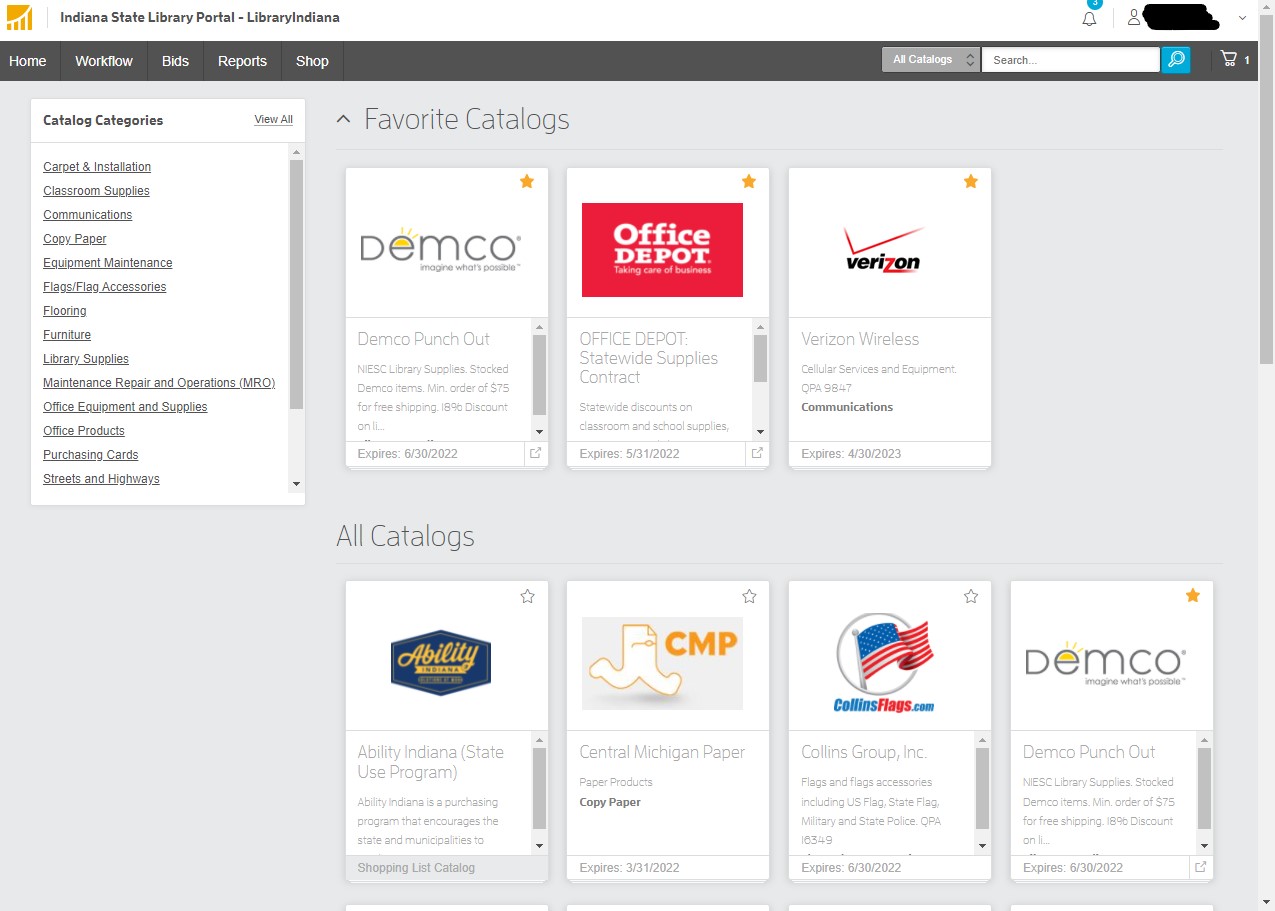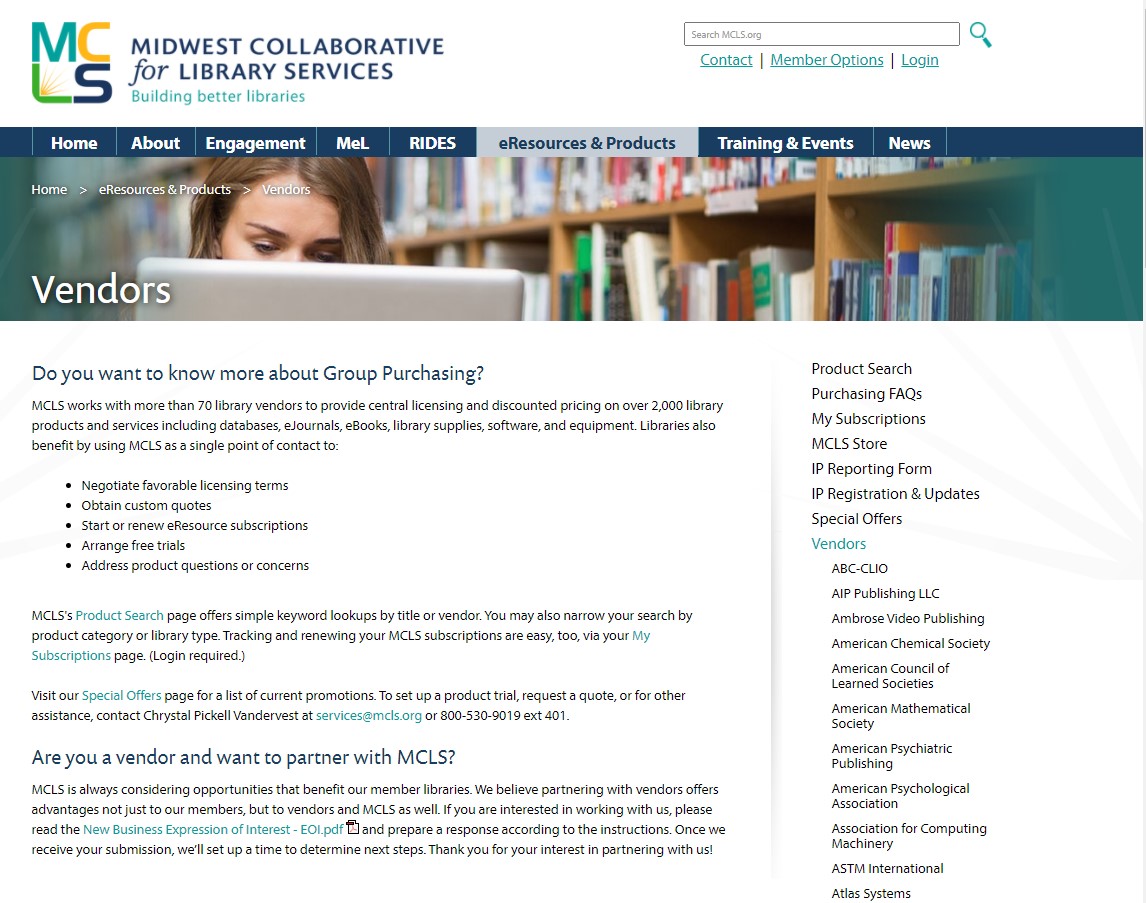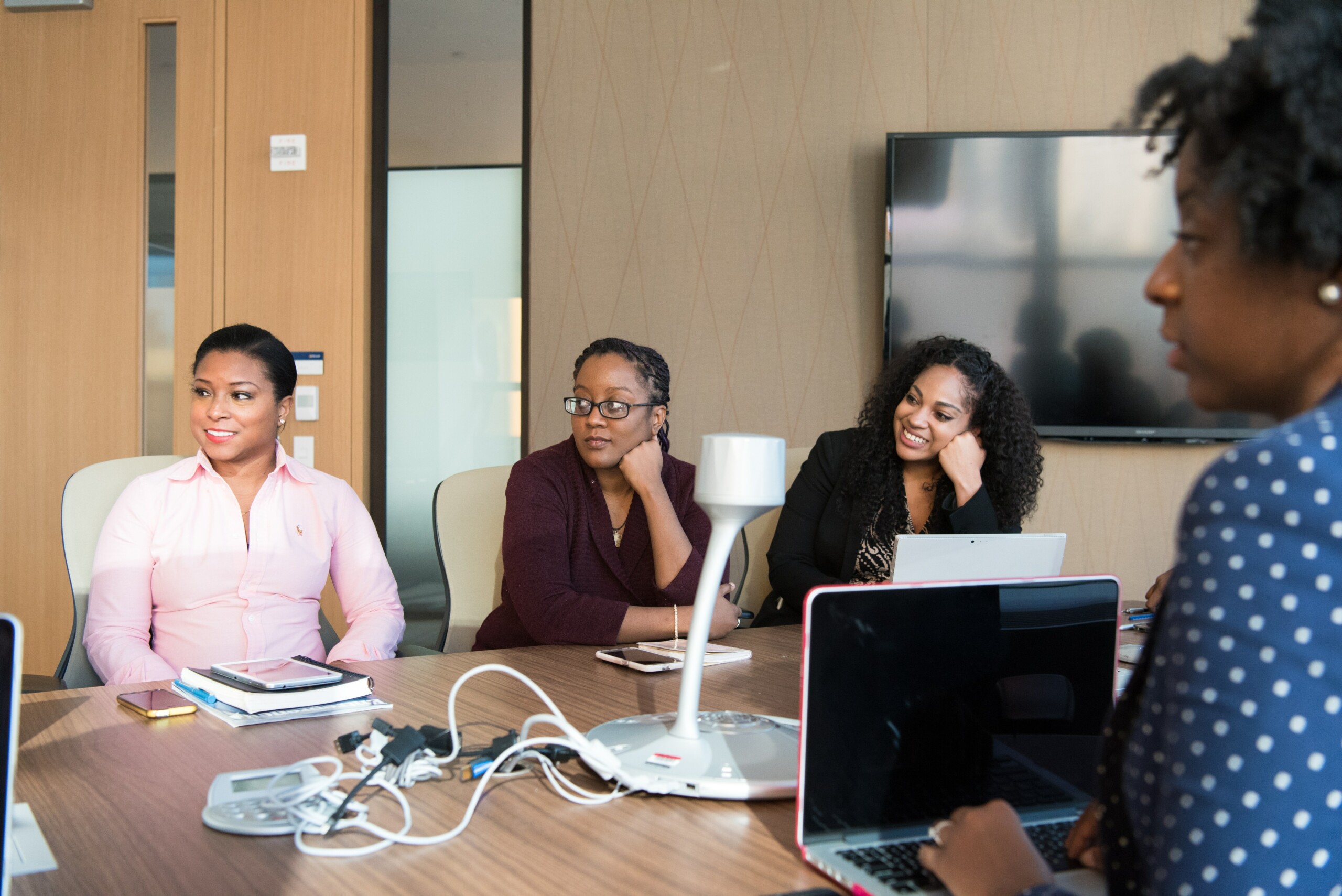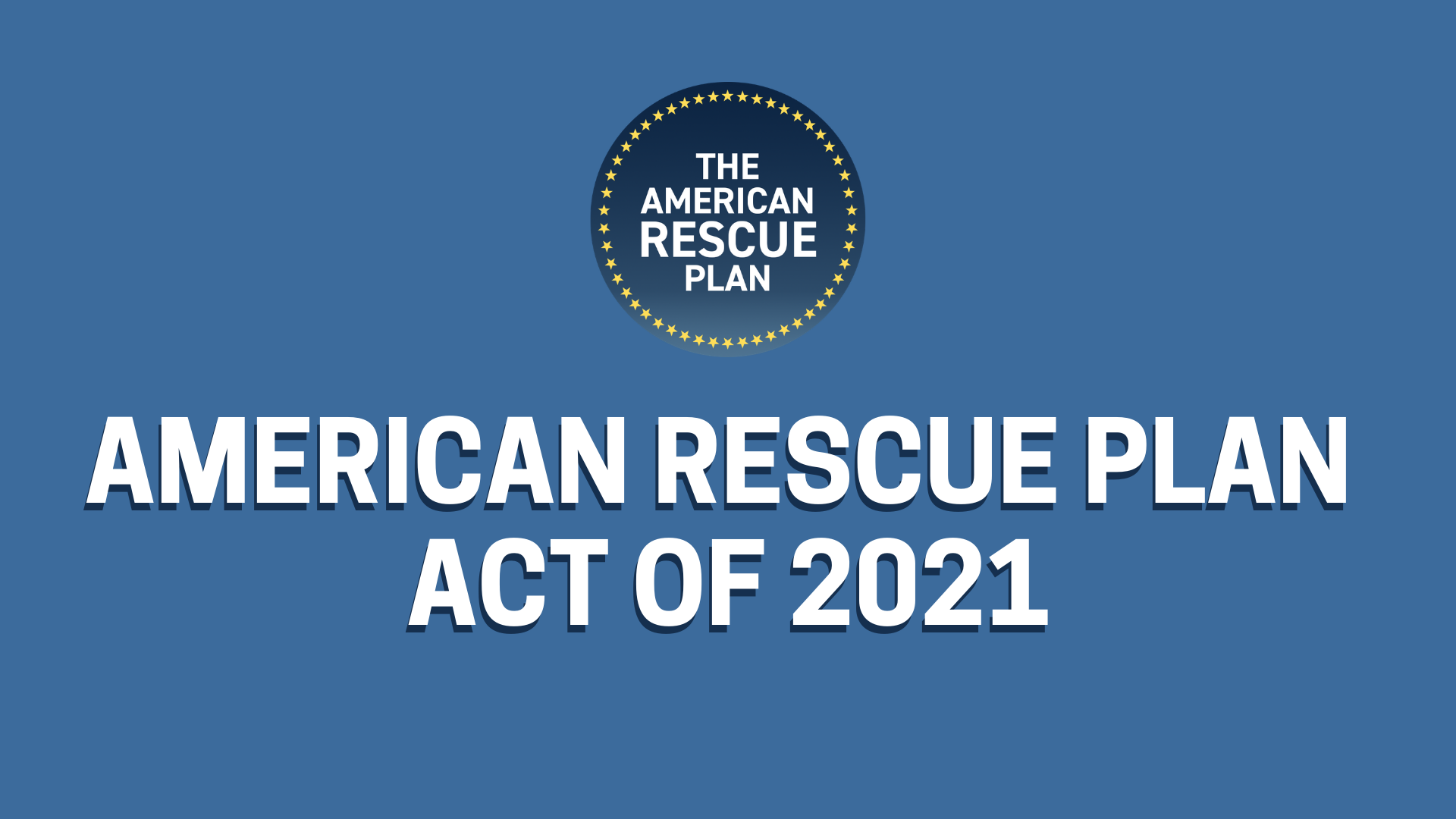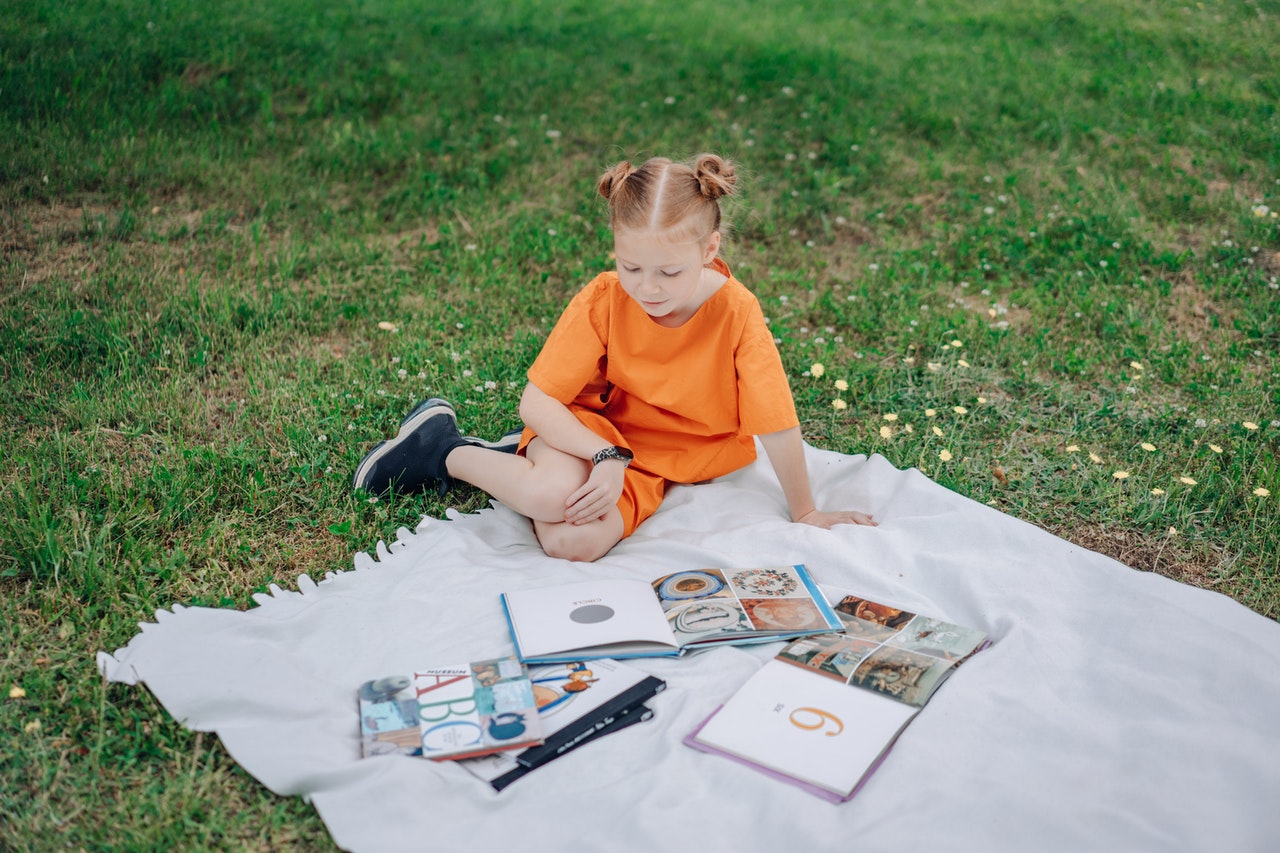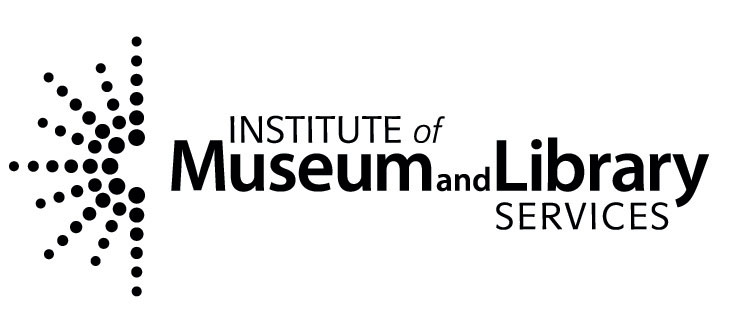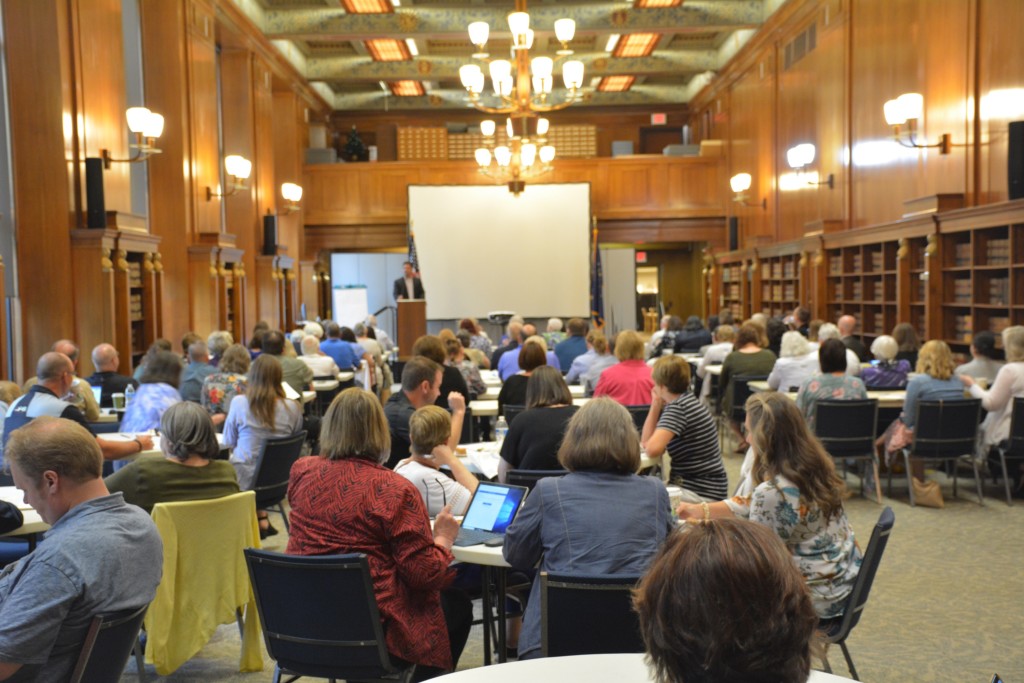There are 236 public library systems and nearly 90 academic libraries in Indiana. Most have their own catalogs and own their own materials. However, for the benefit of their readers, most of these libraries participate in at least one method of resource sharing. Resource sharing, or interlibrary loan as it is sometimes called, is when one library provides materials for users of another library. For example, if you visit your small town’s public library and can’t find any books about 3D game design, your library can probably borrow several from another library within a few days. Or, if you’re writing a research paper for a psychology course, rather than paying $24.95 to download the article from the publisher, your university’s academic library can likely quickly request a scanned copy from another library. School libraries, institutional/prison libraries, and even some special/corporate libraries are welcome to participate in many of Indiana’s resource sharing services.
The goal of resource sharing is to help patrons get access to the materials they need as quickly and reliably as possible, at a cost as low as possible and with as little intervention needed from staff. In addition to the Evergreen Indiana consortium which connects the holdings of over 100 Indiana public libraries, here is a description of some of the other services available to facilitate interlibrary lending in Indiana.
Indiana Share
Indiana Share is a statewide resource sharing service that connects participating libraries to all the materials available though OCLC’s WorldCat. Many larger libraries in Indiana have their own individual OCLC subscription, but through Indiana Share, smaller public and school libraries can benefit from the state’s subscription and request these same materials. An ILL staff person at the Indiana State Library reviews incoming requests and sends them to potential lenders, who then ship the books. With Indiana Share, we are able to borrow items from libraries all over the United States.
 SRCS
SRCS
Indiana’s Statewide Remote Circulation Service, or SRCS, debuted in Indiana in 2016 and has since connected readers with nearly 300,000 books at no cost to them. SRCS works similarly to Share, where library staff and patrons search a catalog of available holdings and select items to borrow. SRCS is unmediated, which means the requests go directly to the potential lenders. Staff at the library receiving the requests then locate the materials and ship them to the requesting library. The patron is then notified when their item arrives. This service is limited to participating Indiana public and academic libraries and is offered at no cost to those libraries.
 InfoExpress
InfoExpress
Indiana public libraries have benefited from InfoExpress, the dedicated statewide courier service, for decades. This involves a fleet of cars, vans and trucks that pick up materials from and deliver materials to hundreds of libraries statewide. The Indiana State Library currently contracts with Indianapolis-based NOW Courier to provide courier service, and participating libraries pay a subscription fee for service. The courier company maintains a schedule of which libraries receive service each day and then bills the Indiana State Library per stop – not per book, or based on weight. Over half a million parcels are shipped each year, bringing hundreds of thousands of books and other materials.
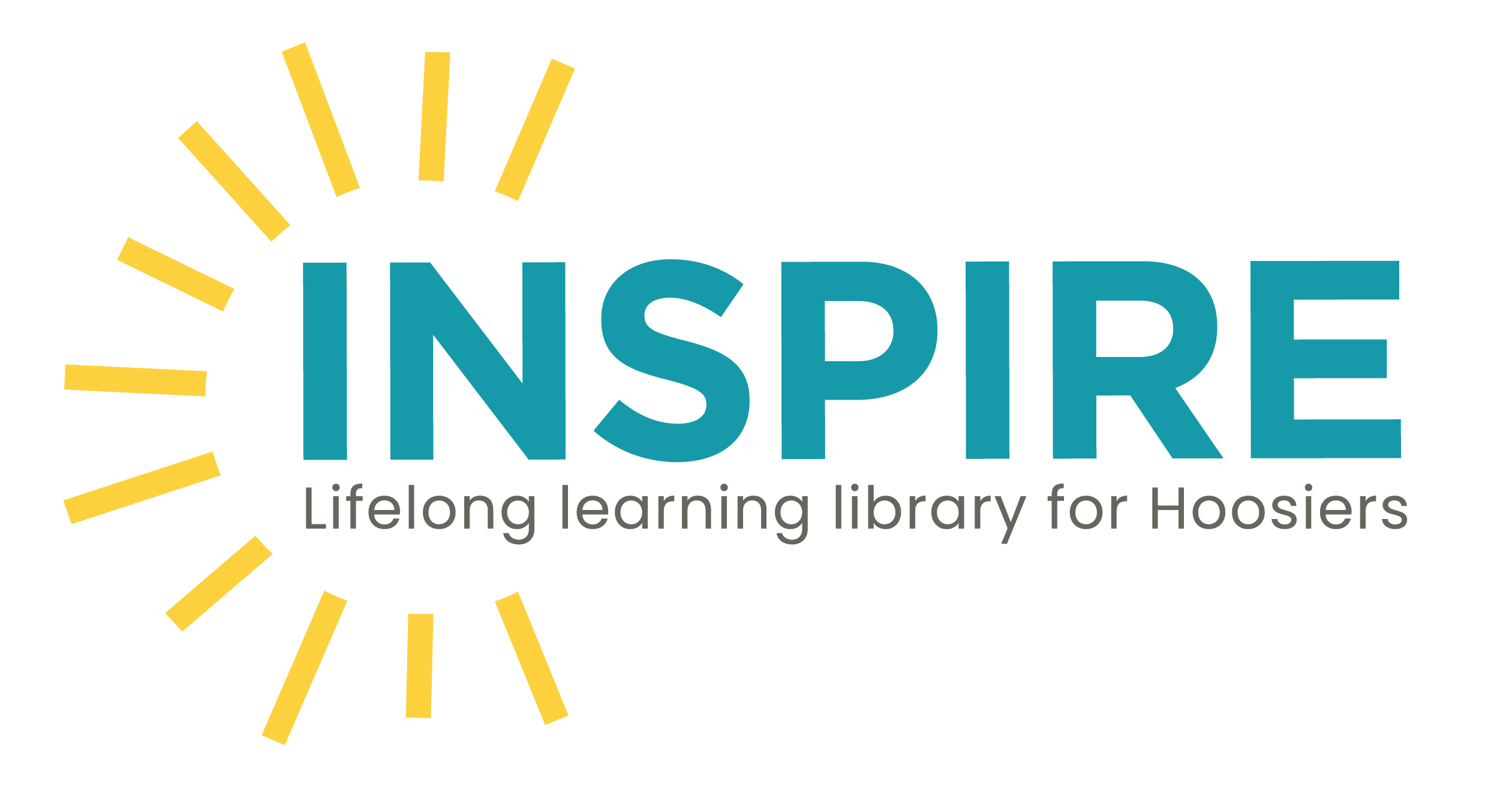 INSPIRE
INSPIRE
Known as the lifelong learning library for Hoosiers, INSPIRE is the statewide virtual library available 24/7. The Indiana State Library sponsors access to dozens of databases and publications for residents of all ages to complete personal, academic or work-related research.
The future of resource sharing
The Indiana State Library’s Resource Sharing Committee, comprised of library staff from all types of libraries and supporting organizations around the state, meets regularly to discuss these existing services while planning for the future. While the future is unknown, the committee continually seeks to secure more efficient methods of lending with increased collaboration. The committee also continues to host informational webinars and conferences for staff working in resource sharing.
For information on any of these services, please contact the Library Development Office.
This blog post was written by Jen Clifton, Library Development Office director. She can be reached via email.

